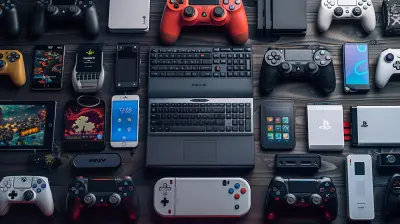AI for Good: Can Machines Be Programmed for Ethical Outcomes?
14 October 2025
Artificial intelligence is changing the world faster than we ever imagined. From self-driving cars to medical diagnoses, AI is shaping our future in ways that seemed like science fiction just a few decades ago. But with great power comes great responsibility—can we ensure that AI is used ethically? Can machines be programmed to make moral decisions?
Let's dive into the fascinating world of AI ethics and see how technology can be a force for good.
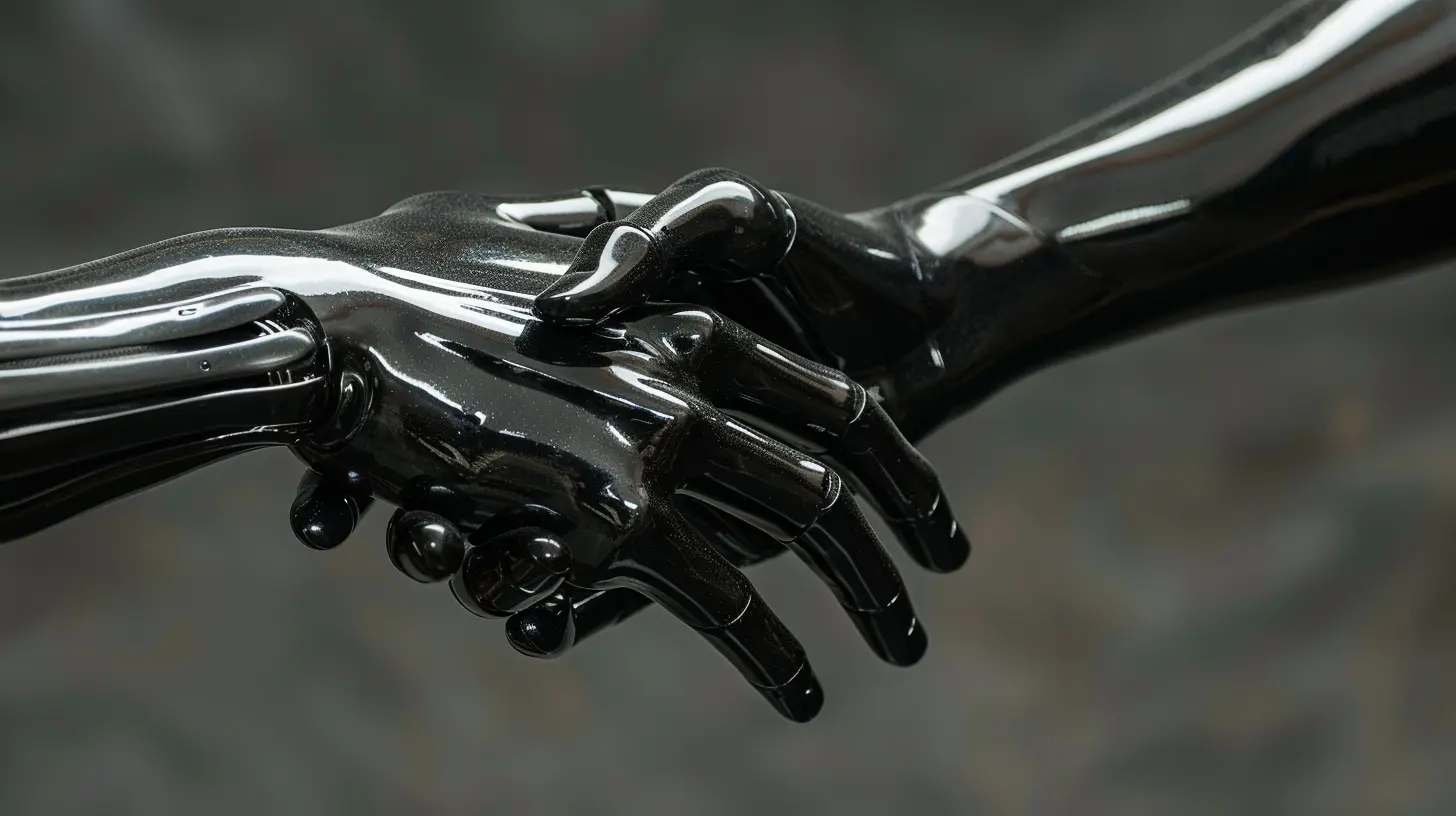
The Ethics Dilemma: Can AI Make Moral Choices?
AI is designed to analyze data, recognize patterns, and make decisions based on a set of rules. But ethics isn't just about rules—it's about values, feelings, and human judgment.Think about it: If a self-driving car is about to crash, should it prioritize saving its passenger or a pedestrian? These kinds of moral dilemmas have no easy answers. Humans navigate them using empathy, societal norms, and personal experiences. But can we teach AI to do the same?
The good news is that researchers are working hard to embed ethical reasoning into AI systems. The challenge is ensuring that AI aligns with human values while avoiding biases and unintended consequences.
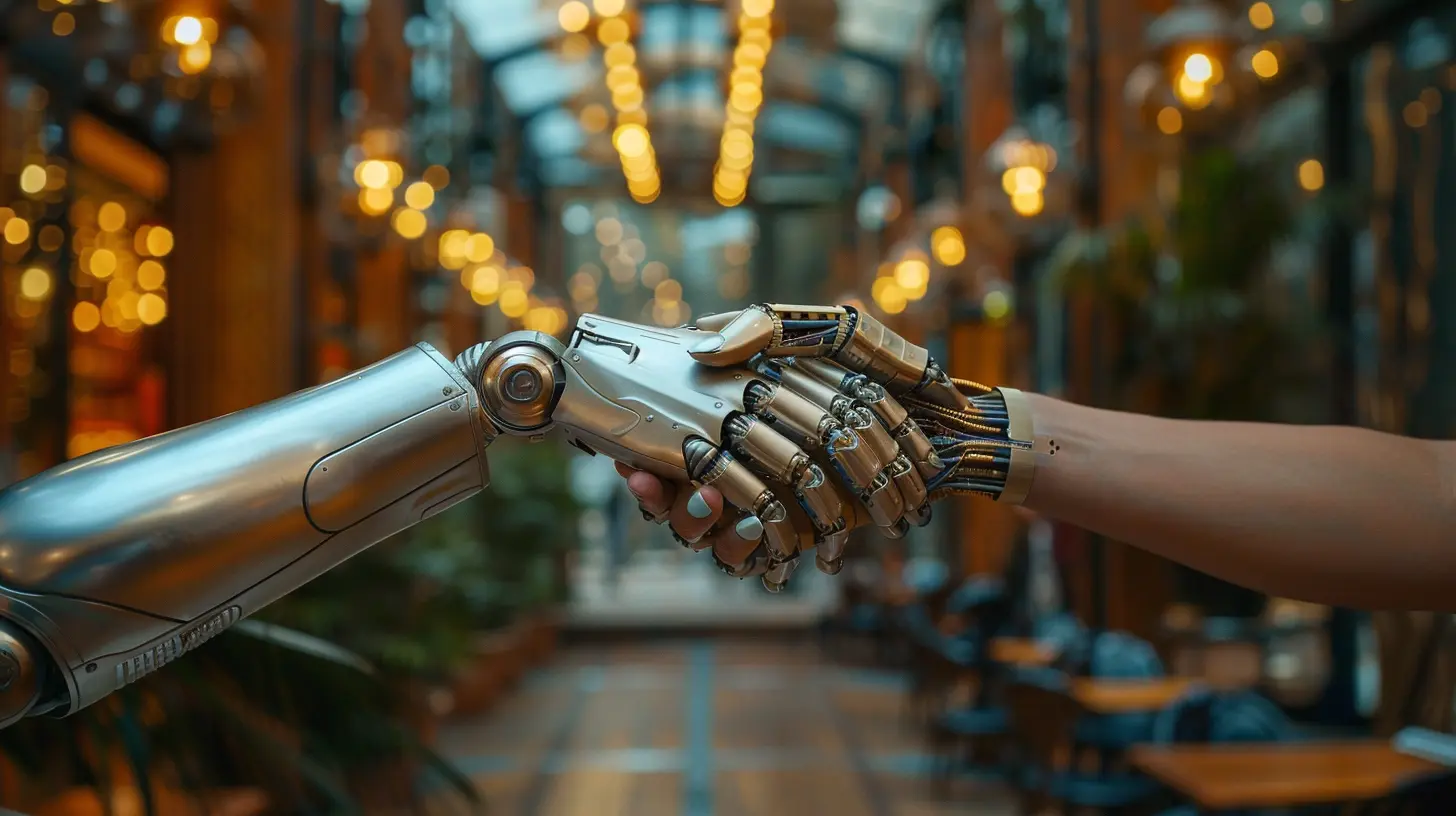
Programming AI for Good: The Role of Ethical Algorithms
So, how do we ensure that AI behaves ethically? It all starts with the algorithms that power these machines. Here are three key ways AI can be programmed for ethical outcomes:1. Building Fair and Unbiased AI
One of the biggest concerns with AI is bias. Since AI learns from data, it can pick up human biases—whether intentional or not. If a hiring algorithm is trained on biased historical data, it might favor certain demographics over others.To prevent this, developers must:
- Use diverse datasets to ensure fairness
- Continuously audit AI decisions for hidden biases
- Implement transparency so AI decisions can be explained and corrected
2. Embedding Ethical Guidelines in AI Development
Just like doctors follow the Hippocratic Oath, AI developers need ethical guidelines. Organizations like the European Union and OpenAI are already creating ethical frameworks for AI development. These guidelines emphasize:- Transparency – AI decisions should be understandable and explainable
- Accountability – Humans must be responsible for AI actions
- Privacy Protection – AI should safeguard user data
By sticking to these guidelines, we can create AI that serves humanity rather than exploiting it.
3. Using AI for Social Good
AI isn’t just about business and automation—it can be a powerful tool for improving society. Here are some inspiring examples of AI being used for good:AI in Healthcare
AI is revolutionizing medicine by detecting diseases early, assisting in surgeries, and even predicting health risks. Machine learning can analyze medical images to catch conditions like cancer far earlier than human doctors might. This saves lives and makes healthcare more efficient.AI for Environmental Conservation
AI-powered drones and satellite imaging help track deforestation, monitor wildlife, and combat illegal poaching. In the fight against climate change, AI helps analyze massive amounts of data to design more sustainable solutions.AI in Disaster Response
During natural disasters, AI can predict earthquakes, floods, and hurricanes, helping authorities take action before catastrophe strikes. AI-powered chatbots provide real-time information to affected communities, guiding them to safety.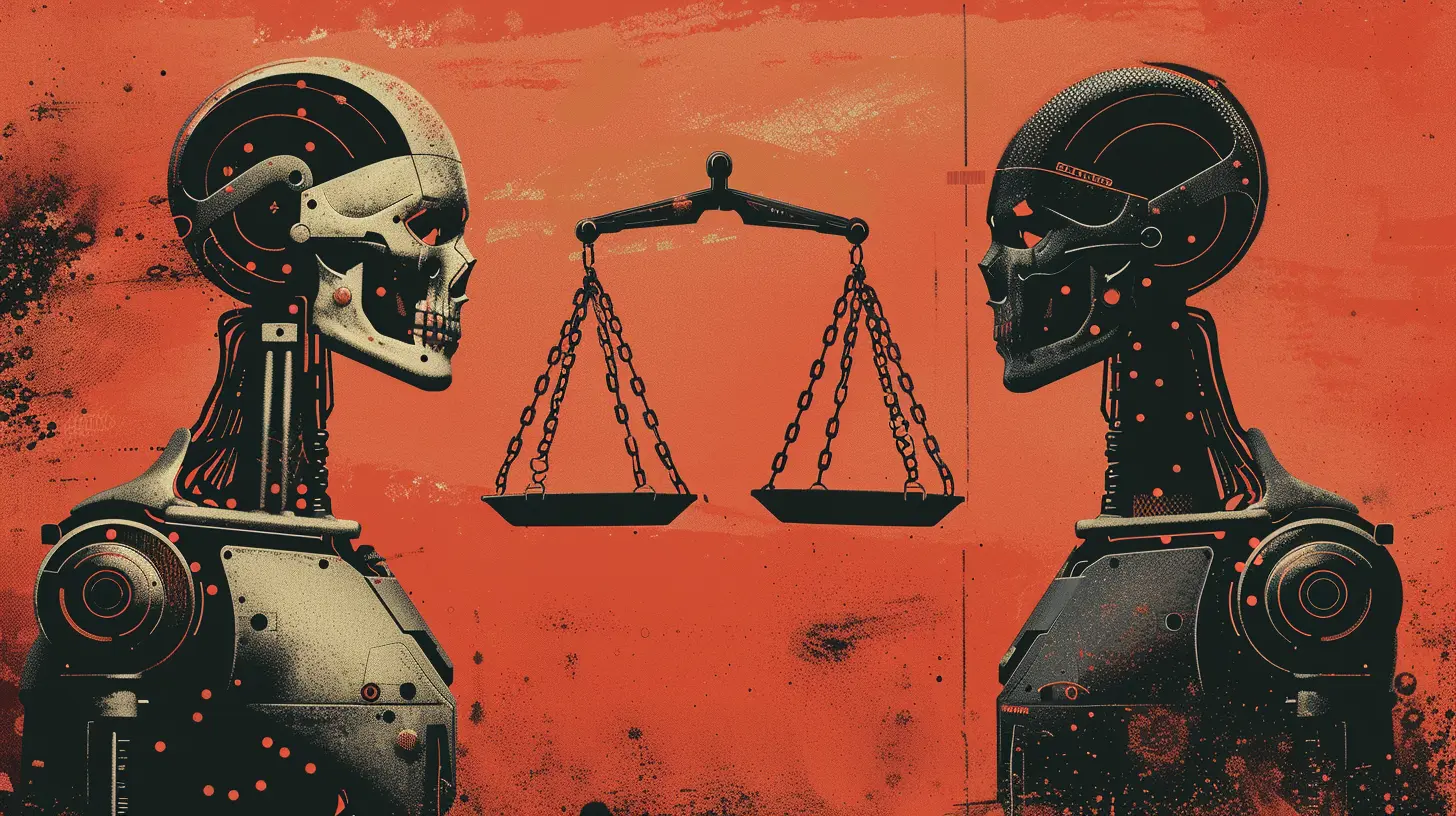
The Challenges of Implementing Ethical AI
Despite its potential, building ethical AI isn't a walk in the park. Developers face several challenges:1. Who Defines Ethics?
What’s considered "ethical" varies across cultures and personal beliefs. A solution that seems morally right in one country might not be acceptable in another. Since AI operates globally, how do we decide whose ethical standards to follow?2. The "Black Box" Problem
Many AI systems operate like a black box, meaning even their developers don’t fully understand how they make certain decisions. If an AI system denies someone a loan or misdiagnoses a patient, how do we hold it accountable?3. The Risk of AI Being Misused
AI is a tool—it can be used for good or evil. In the wrong hands, AI can be weaponized for cyberattacks, deepfake misinformation, and surveillance abuses. Safeguarding AI from malicious use is just as important as making it ethical.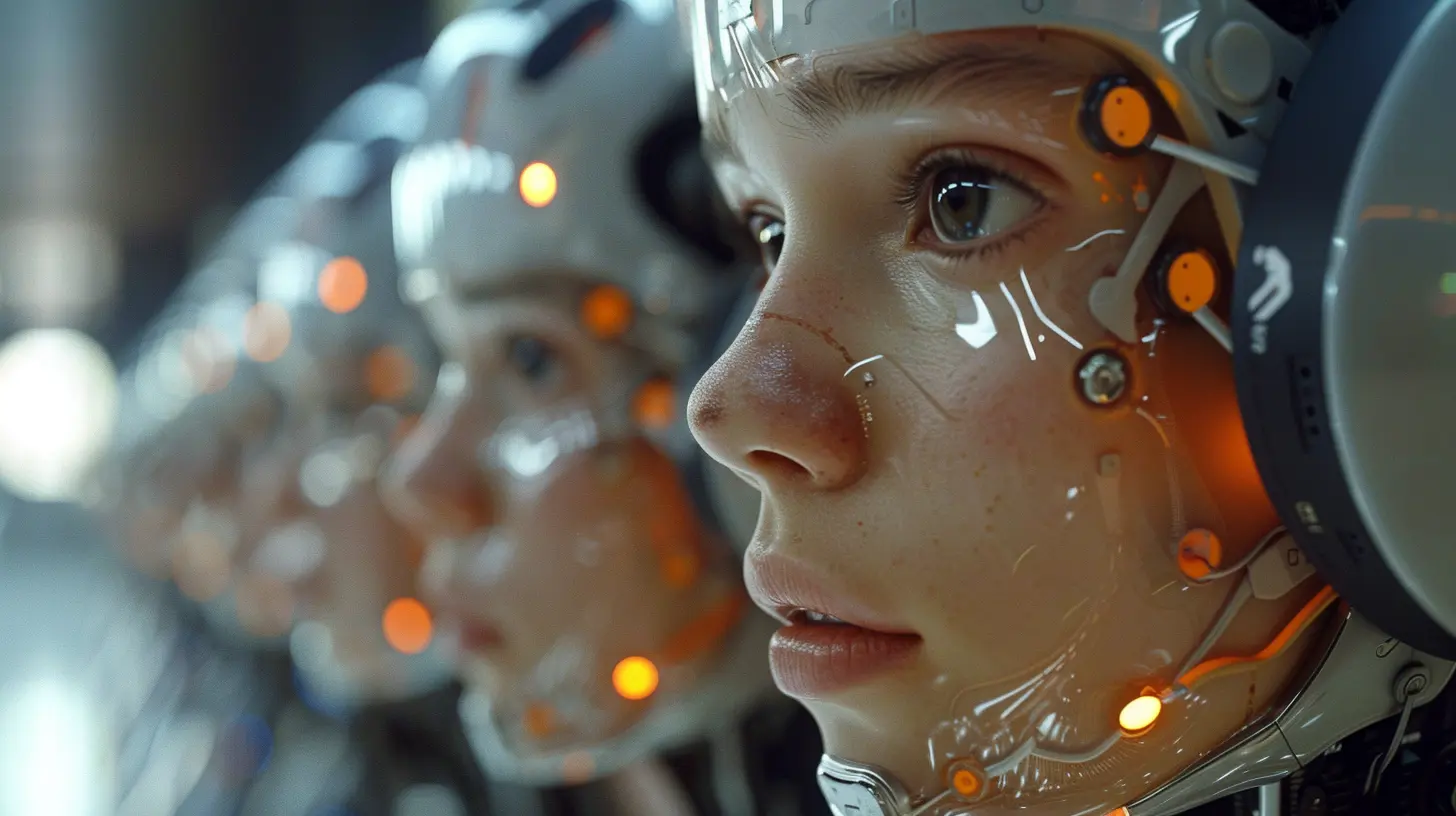
The Future of Ethical AI
While ethical AI is challenging, it’s not impossible. Governments, tech companies, and researchers are coming together to build AI systems that prioritize human well-being. Here's what the future could look like:- Stronger AI Regulations – Governments will enforce laws to ensure AI development follows ethical standards.
- Human-AI Collaboration – Instead of making decisions alone, AI will assist humans in making better, more informed choices.
- Explainable AI (XAI) – Future AI will be designed to explain its decisions in ways humans can understand, making it more transparent and accountable.
The road to ethical AI is long, but with responsible development, AI can become a force for good, helping humanity tackle some of its biggest challenges.
Final Thoughts: Can AI Truly Be Ethical?
The answer is both yes and no. AI, on its own, doesn’t have morals—it only follows the instructions we give it. But with the right programming, guidelines, and human oversight, we can create AI that makes ethical decisions aligned with the greater good.Ultimately, AI is a reflection of us. If we build it with fairness, transparency, and compassion in mind, then yes—machines can indeed be programmed for ethical outcomes. And that’s not just a possibility; it’s our responsibility.
all images in this post were generated using AI tools
Category:
Ai EthicsAuthor:

Marcus Gray
Discussion
rate this article
1 comments
Edith Reilly
This article raises crucial questions about the ethical programming of AI. While technology has the potential to drive positive change, it also poses risks if not managed responsibly. A balanced approach that includes diverse perspectives is essential for ensuring AI works for the greater good.
October 15, 2025 at 10:28 AM

Marcus Gray
Thank you for your insightful comment! I completely agree that incorporating diverse perspectives is vital for responsibly harnessing AI's potential for positive impact.

